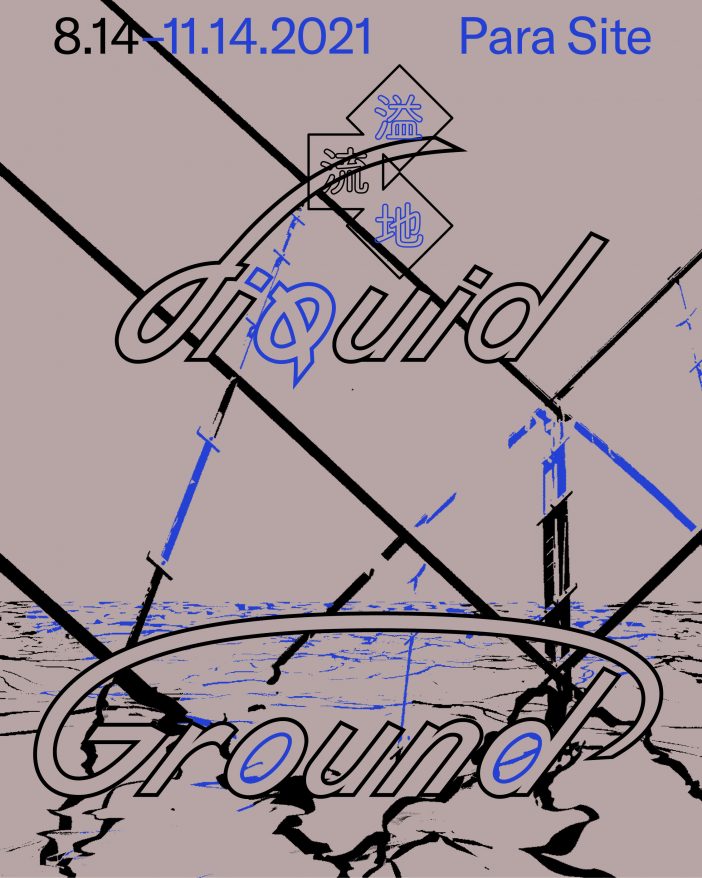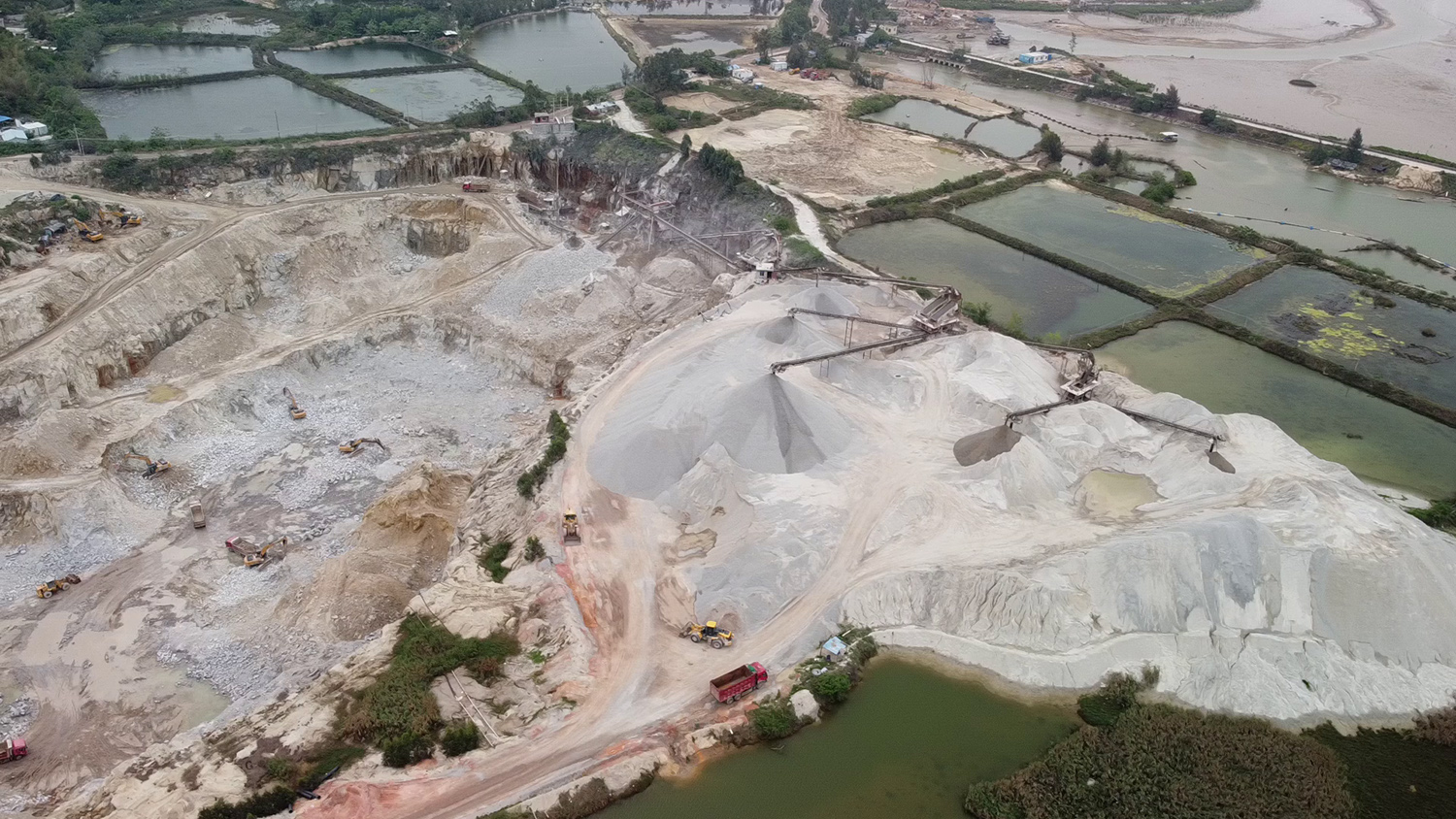
As part of the ongoing public programmes of ‘Liquid Ground,’ Hong Kong artist Lee Kai Chung will join Ying Zhou, Assistant Professor of Architecture at the University of Hong Kong, for a conversation on Zoom to share their research. In ‘Liquid Ground,’ Lee has presented a new commission in the form of a multimedia installation informed by his research into the provenance of sand, which, at an astronomical scale, will soon be mobilised for Lantau Tomorrow Vision. His fieldwork in Qinzhou, Guangxi, has provided him with first-hand experiences with the vast sand extraction and logistics network. As an architect and prolific writer, Professor Zhou specialises in the intercorrelation between contemporary urban development and cultural industries in East Asia. Zhou has also conducted research on the development of West Kowloon Cultural District and its historical and geographical contexts. The common ground found in Lee and Zhou’s artistic and research interest will respond to the exhibition’s narrative as a whole. After their respective presentations, the two participants will have a conversation with the curators, followed by a Q&A session open to the audience.
About the speakers:
Lee Kai Chung performs artistic research on history and historiography, systems, and ideology. Dissatisfied with the lack of proper governance over public records in his early years, Lee later developed his archival research methodology as a key artistic practice. Through research, social participation, and engagement, Lee’s work resonates with historical narratives and demonstrates the individual gesture as a transition between politics and art. Lee has been on the road since 2020.
Ying Zhou is an architect and assistant professor at the Department of Architecture at HKU. She has been researching the mechanisms of spatial productions specific to East Asian cities, in the way they inflect global flows and manifest economic transitions in local institutional frameworks. She is also unpacking the growth of cultural industries/new economies with focus on the nuances between architecture and contemporary art. Parts of these probes have been published in her recent book Urban Loopholes: Creative Alliances of Spatial Production in Shanghai’s City Center (Birkhäuser, 2017).

